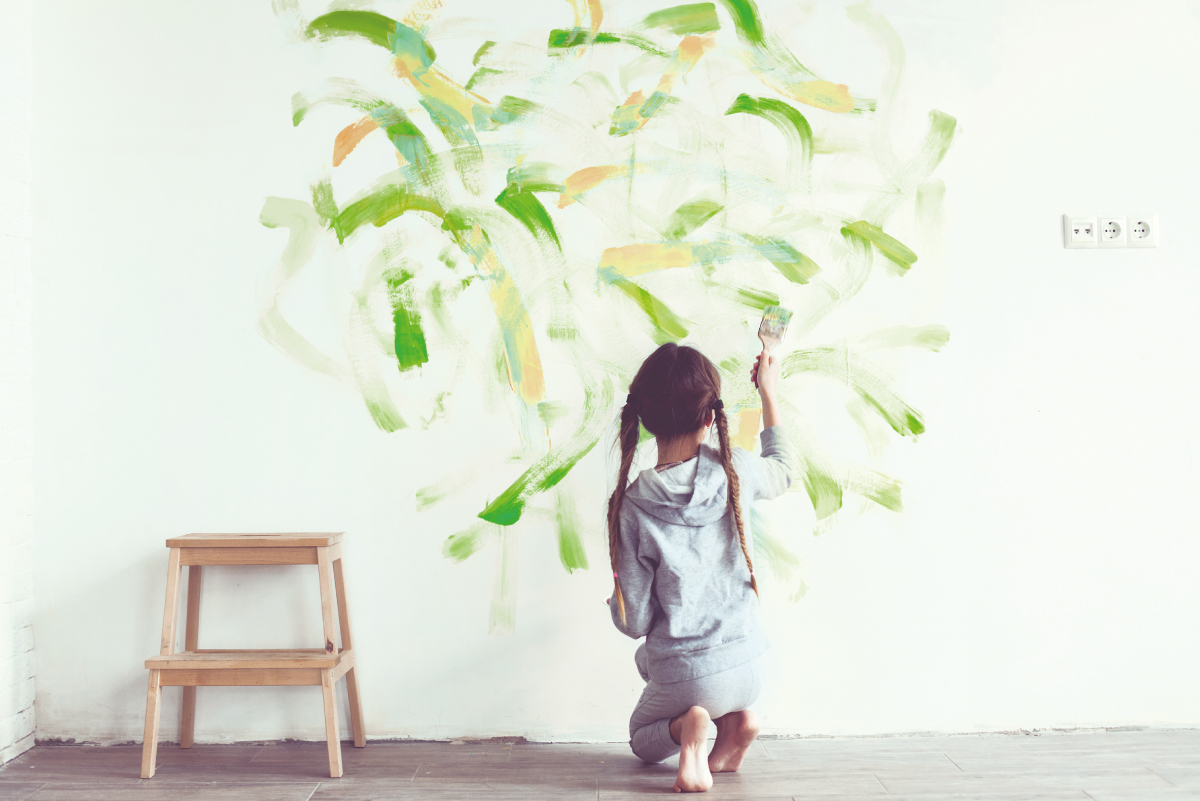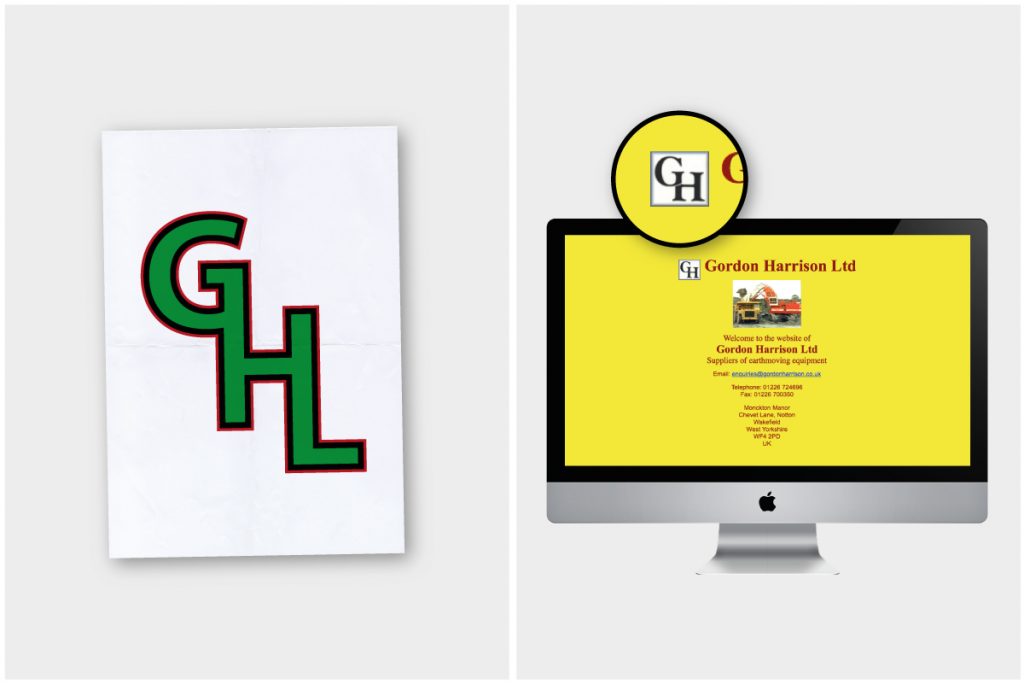
Are We Born Creative?
- by gmashworth
- in Creative
- posted February 19, 2018
The age-old question regarding the origins of an individual’s creativity has always been: are we simply born with it, or is it something that can be developed?
After reviewing a few articles, there seem to be findings suggesting that creativity is somewhat genetic and lies within a person’s DNA. One opinion I found particularly interesting was that of Tham Khai Meng (co-chairman and worldwide chief creative officer of Ogilvy & Mather) in a Guardian article from May 2016:
“Not everyone can be Mozart, but everyone can sing.”
He believes everyone is born creative, but it’s educated out of us at school. Children are taught literacy and numeracy, and while creative subjects such as art exist, Meng feels children are fundamentally being taught conformity. In his view, our childhoods are spent learning how to pass exams and give teachers what they expect. By the time we leave school and enter the working world, we’ve been conditioned to conform.
“We spend our days in meetings and talk about ‘thinking outside the box.’ But rarely do we step outside it.”
He makes some valid points, and it’s a perspective I hadn’t considered before. Theoretically, everyone is born with the potential to be anything, but life experiences, people, and environments influence the paths we take. So someone born to be creative won’t necessarily pursue a creative profession. I guess that raises another question: does fate or destiny play a part?
I believe those born with creative tendencies can enhance and develop them—if they choose to. But I don’t believe you can teach someone how to be creative. You can teach them how to use creative software, but that doesn’t mean they’ll apply those skills creatively or effectively. Smartphones give people high-tech tools to take stunning pictures with filters and effects—but that doesn’t make every user a professional photographer.
Creativity is subjective, but I’m speaking specifically about graphic design. It’s everywhere—good or bad—and it’s one of those industries where the bad often goes unnoticed. Unlike other professions, you don’t need to be an expert to know when someone’s done a poor job. In my opinion, good (if not great) graphic design must not only be visually appealing and effective—it must also demonstrate a solid grasp of the basics. It’s often the absence of these fundamentals that separates good design from bad design.
I do think some people are born creative, but rarely get the opportunity to recognise or explore that gift. There’s a level of uncertainty surrounding the creative industry, and not all parents see its value. Some push their children toward what they perceive to be more stable, respected professions. A couple of years ago, a young man emailed me for advice. He was passionate about art and design but his parents wanted him to study accountancy. He didn’t send any samples of his work, so I couldn’t assess his ability—but the point was his parents dismissed creativity as a viable career. To them, accountancy offered greater opportunity and financial security. He was hoping I could help convince them otherwise.
Thinking back to my own childhood, I didn’t face that kind of opposition. I became a graphic designer at around six or seven years old—though I didn’t know it at the time. I always had a talent for art and design, which isn’t surprising as both my father and grandfather were exceptional artists. I was encouraged to be creative. It was at primary school where I first heard the words “graphic” and “designer”—terms my teachers used when predicting my future.
Most of my classmates probably felt the same way. I was top of the class in drawing and usually won school art competitions. The last one I entered before leaving primary school followed a school trip to an opencast mine. After the visit, the mining company (Gordon Harrison Limited – GHL) held a competition to design a new logo. First prize: £500. In 1989, to a nine-year-old, that felt like half a million.
The brief was simple: design a logo using the acronym GHL, and only use red, green and black. I no longer have my submission, but the concept is etched in my memory.
Unfortunately, I didn’t win. The winning entry featured a truck unloading coal along with the letters GHL—but it was a picture, not a logo. I wasn’t just upset that I lost—I was frustrated. All three winning entries were illustrations, not logos. Of course, the company wasn’t obliged to explain anything to a nine-year-old, so I accepted the outcome. But even then, I knew the difference between a picture and a logo. I can’t explain how I understood that distinction, but I did—and my classmates didn’t.
Fast-forward a few decades. I recalled that competition and decided to search for the company online. To my surprise, they had a website. Their logo doesn’t show a truck or any mining equipment, nor does it use the red, green or black colour scheme. But it does bear a stark resemblance to the concept I submitted.
You can draw your own conclusions.

It’s not a carbon copy, but the similarities are too close to ignore. As far as I know, they didn’t have a logo before the competition, so our entries weren’t influenced by an existing brand. It seems I may have created a brand concept at age nine that’s lasted more than 30 years.
Is that evidence that I was born creative?
I’ve always been creative—it comes naturally. It’s difficult to explain, but I believe those born with creative talent see what others can’t. We look at things differently. We analyse everything—especially aesthetics. It’s not something you can instil in someone; you either get it or you don’t.
Returning to the young man whose parents wanted him to study accountancy—I don’t think they were bad parents. They clearly care about his future. But their attitude is part of a widespread misunderstanding about the creative industry. To many, it’s seen as a lifestyle choice, not a legitimate career. This isn’t helped by the abstract, pretentious side of modern design—or the flood of amateurs learning Photoshop and calling themselves designers.
Creativity, and working in this industry, can often be a thankless job. This is where I believe the line is drawn between those born creative and those who aren’t. Naturally creative people don’t seek fame—they just want the world to look better. Many others treat creativity as a shortcut to popularity or success. Not surprising when platforms like Facebook turn everything into a popularity contest. Talented creatives can often be overlooked while less skilled designers rake in likes and applause. But those with real talent don’t need public validation—they’re happy with praise from clients and peers.
I truly believe I was born creative—it’s been my main talent for as long as I can remember. I doubt I would’ve pursued any other profession, because there’s nothing else I do as well or as passionately as graphic design. I’m not Mozart, and I’m not claiming to be special or unique—so others must be born creative too.
What do you think?

Comments
Mateba
March 17, 2018 at 6:44 pmWhat a magnificent and illuminating posts, I definitely will bookmark your site!